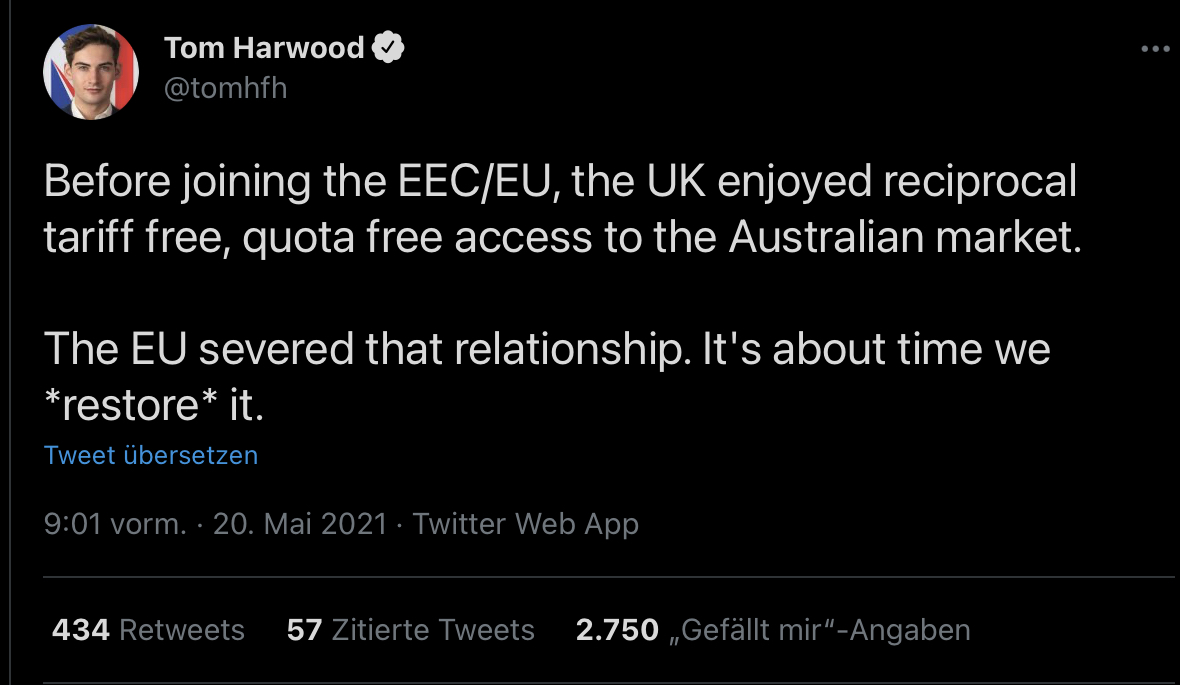
A must-read portrait of Johnson. I disagree on one issue... 1/3 (short thread)
https://twitter.com/TomMcTague/status/1401840795360059392
Namely the notion of populists that seems to underly this passage (note that this has nothing to do with Johnson and the great article as such). It establishes a dualism between those who work for themselves and for the country. And here’s my issue /2 

I think that the populists of the ages - whether Orban or Trump - have found ways to make money while being in charge, but they would all say that they are fundamentally good for the country. And the money? Why should they NOT make money given how great they are.
We look at the country from the outside thinking “given what you are doing to the country, surely you must be a lier (you lie so much, why not here?) and know you are just enriching yourself”, but don’t underestimate autocratic egos. They think they truly are great.
What does this have to do with Johnson? Nothing. My point is an abstract one relating to the dichotomy in the quoted para.
• • •
Missing some Tweet in this thread? You can try to
force a refresh





